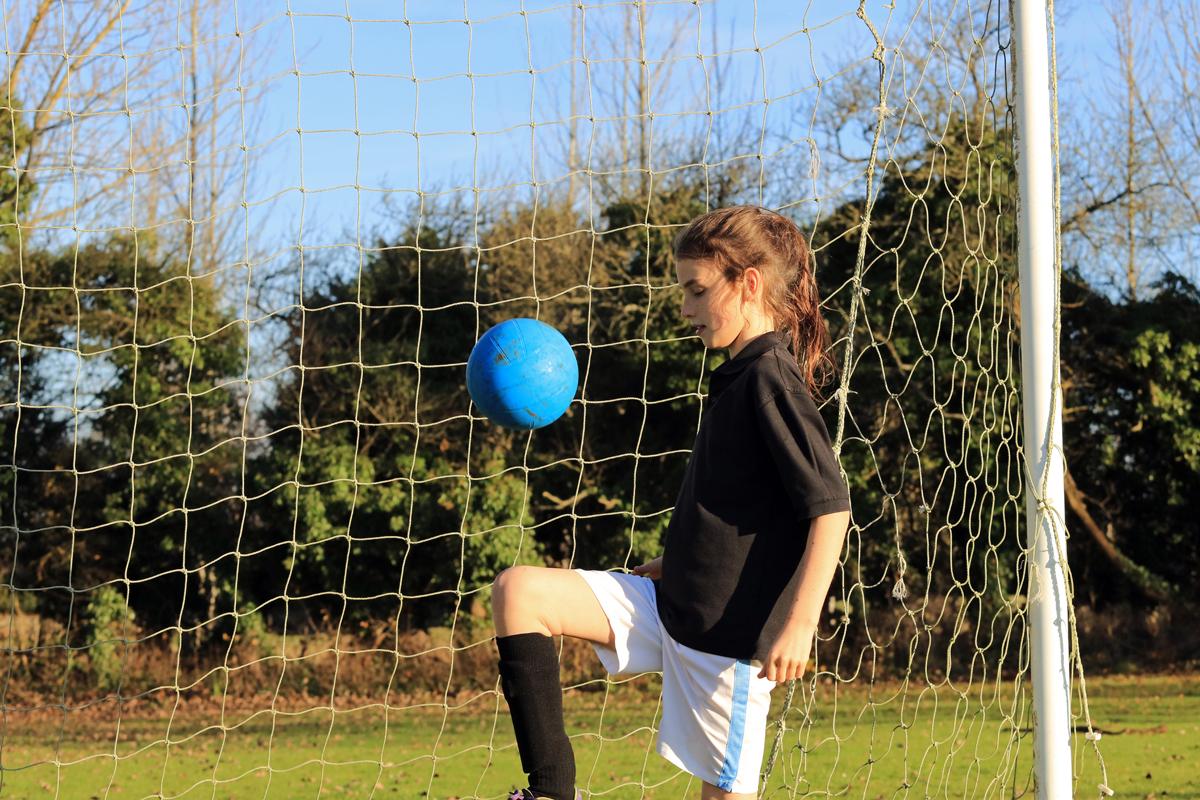see all jobs
Schools not supporting girls who want to play football, says FA women’s participation chief
A large proportion of schools in England are not giving girls the opportunity to play football despite the growth of the women’s game, according to Rachel Pavlou of the Football Association (FA).
The governing body’s national participation manager for women’s football told delegates at the International Sport Convention in Geneva that insight carried out showed there was a lack of support at primary and secondary school level.
She said that primary school teachers were “predominantly female” who “didn’t feel comfortable” taking football sessions, while secondary school PE teachers were guilty of reverting to hockey and netball.
While the FA has made great strides with female participation and the launch of the Women’s Super League, Pavlou conceded that the body “still has a lot of work to do in schools”.
“Around 95 per cent of boys in England play football by the age of 10, while only 41 per cent of girls play,” she said.
“We have this thing in England where we say to everybody that football is our national sport. As far as I’m concerned until that’s more equitable at under-10 level it’s not our national sport; it’s a boy’s sport where some girls are allowed to play.”
However, Pavlou highlighted some positive data which should give the FA encouragement as it attempts to double the number of women and girls involved in football by 2020.
There are now 38,000 female coaches and 900 referees. While that it still a fraction of the number of men fulfilling these roles, the numbers signify a dramatic improvement since 1993 when the FA recognised women’s football.
Pavlou was full of admiration for FA chief executive Martin Glenn for making women’s football a priority, and praised his decision to bring in former UK Sport chair Baroness Sue Campbell – “one of the world’s best sport development managers” – as head of women’s football.
To help increase the number of women and girls playing, Pavlou revealed that the FA was working on different variations of the game, such as walking football and mini soccer, to reach those who may not have the opportunity to play the game in its traditional guise.
- News by sector (all)
- All news
- Fitness
- Personal trainer
- Sport
- Spa
- Swimming
- Hospitality
- Entertainment & Gaming
- Commercial Leisure
- Property
- Architecture
- Design
- Tourism
- Travel
- Attractions
- Theme & Water Parks
- Arts & Culture
- Heritage & Museums
- Parks & Countryside
- Sales & Marketing
- Public Sector
- Training
- People
- Executive
- Apprenticeships
- Suppliers





























